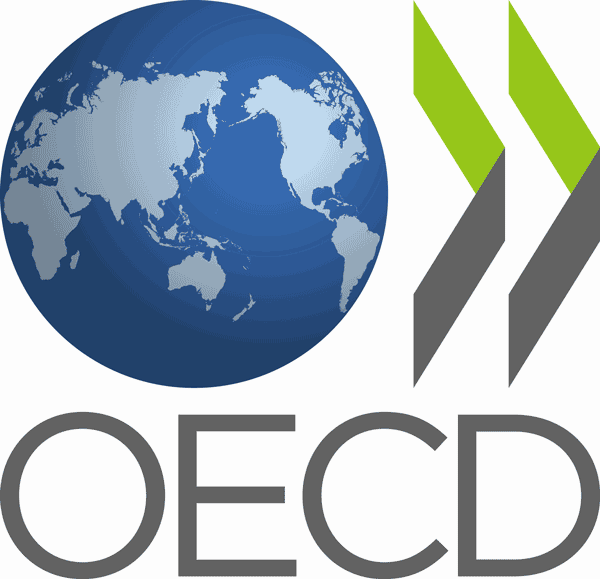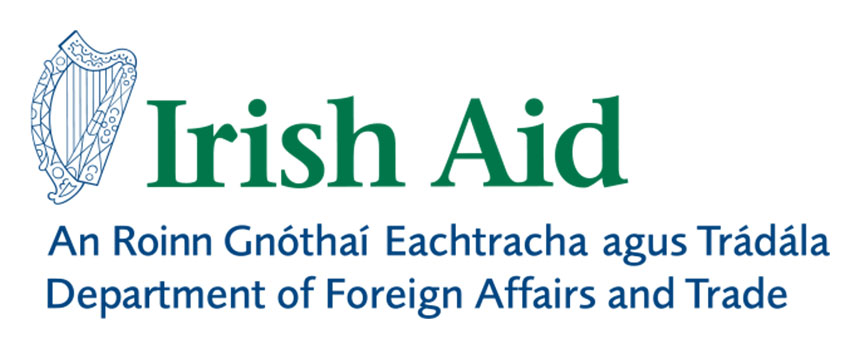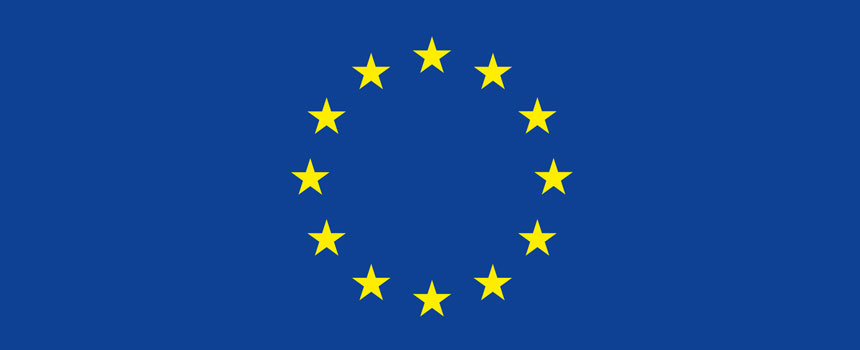Campaigners welcome OECD call to make practice of profit shifting for tax purposes 'ineffective'
25 March 2014

PRESS RELEASE
Immediate release
25th March 2014
Issued by: Debt and Development Coalition Ireland
OECD report Tax Challenges of the Digital Economy aims to stop the shifting of profits by multinationals to lower tax regimes
Campaign group Debt and Development Coalition Ireland today welcomed the OECD’s call to stop the shifting of profits by multinational corporations to lower tax regimes in order to avoid tax.
The proposals are part of the OECD’s plans to address the estimated € 1 trillion lost to Europe and up to € 870 billion lost to developing countries each year through tax evasion and avoidance. This loss is especially harmful for developing countries, where low levels of tax revenue limit governments’ ability to spend on much needed public services, such as health and education.
‘All multinational companies, including the digital companies this report focuses on, should be transparent about where they earn their profits and should pay the effective tax rate there, just like citizen tax-payers have to do around the world. The practice of multinationals shifting their earnings around jurisdictions for tax avoidance purposes is unjust and must be stopped’ Nessa Ní Chasaide, Coordinator of Debt and Development Coalition said today.
She continued, “International tax reform requires the establishment of new financial reporting rules for companies and an end to opportunistic profit shifting for tax avoidance purposes. This would enormously help governments to tackle tax avoidance and evasion. However, the process should be lead by the UN and not a club of rich countries such as the OECD.”
The latest OECD proposals are contained in the draft OECD report The Tax Challenges of the Digital Economy, which focuses on the challenges posed by the digital economy to international taxation. They aim to address the nature of the digital economy where it is particularly challenging to determine the jurisdiction in which value creation occurs, given the intangible nature of digital businesses. This is an issue that will require action from the Irish government as the report states that Ireland is the second leading exporter of ICT services globally.
For further information:
Nessa Ni Chasaide: Debt and Development Coalition Ireland, Coordinator, 01 6174835, 087 7507001
Notes to the Editor:
The proposals announced yesterday are part of the OECD’s project on tackling tax evasion and avoidance, BEPS (Base Erosion and Profit Shifting). The BEPs project was launched by the OECD in July 2013, at the request of the G20, in response to concerns of political leaders and civil society that multinational corporations were using aggressive tax planning to make use of gaps between different tax systems to artificially reduce taxable income or shift profits to low-tax jurisdictions in which little or no economic activity is performed.
The OECD’s Base Erosion and Profit Shifting project (BEPS) identifies 15 actions to address BEPS in a comprehensive manner, and sets deadlines to implement those actions. The report launched yesterday is entitled Public Discussion Draft - BEPS Action 1:Address the Tax Challenges of the Digital Economy 24 March 2014 – 14 April 2014 and is available here.
In relation to Ireland, the report states that ‘India has quickly become the leading exporter of ICT services, followed by Ireland (at 12.7% of the global market), the United States, Germany, and the United Kingdom. China as well became one of the major exporters. These six countries together represent about 60% of total exports of ICT services’.


